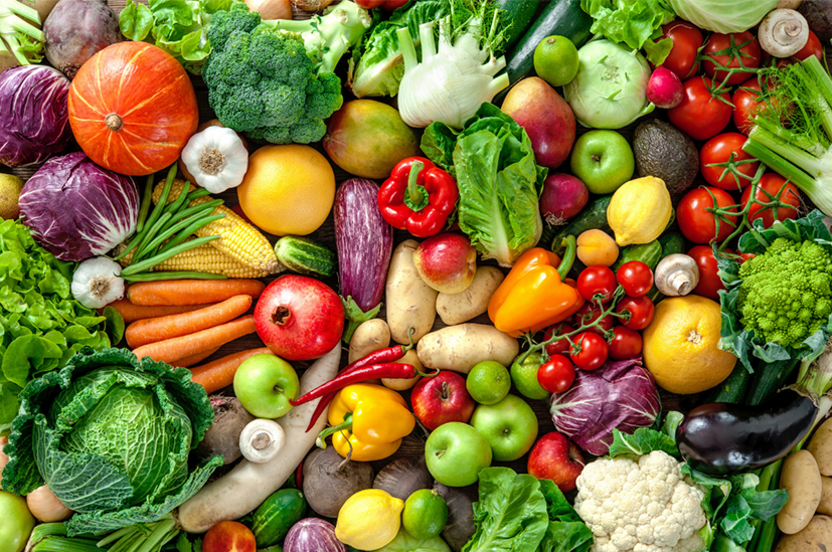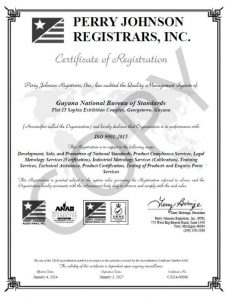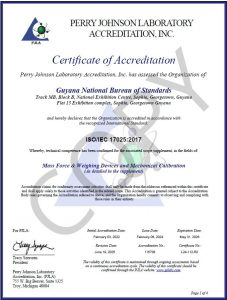Agriculture remains a cornerstone of Guyana’s economy, contributing significantly to the country’s Gross Domestic Product (GDP) and providing employment for thousands of citizens. With fertile lands and vast potential for food production, agriculture is not only critical for local food security, but it also positions Guyana as a major player in regional and global food markets. As Guyana observes Agriculture Month 2024 in October under the theme “Transforming Tomorrow: Championing Food Security through Innovation and Technology,” it highlights the need for sustainable practices and technological advancements to secure the future of agriculture.
The Guyana National Bureau of Standards (GNBS) plays a pivotal role in advancing the agriculture sector by developing and adopting crucial standards to promote efficiency, safety, and quality. Standards such as GCP 21 – Code of Practice for Fresh Fruits and Vegetables and GCP 25 – Code of Practice for Packaging and Transport of Tropical Fresh Fruits and Vegetables are instrumental in ensuring that agricultural practices meet international benchmarks. These standards are among over forty (40) agriculture-related standards available at the GNBS and are essential for maintaining quality and safety, which in turn supports food security and competitiveness.
The GCP 21 – Code of Practice for Fresh Fruits and Vegetables establishes guidelines for the general hygienic practices for the primary production and packing of fresh fruits and vegetables to ensure a safe and wholesome product, particularly for those intended to be consumed raw. This Code is applicable to fresh fruits and vegetables grown in the field as well as those grown in protected facilities such as hydroponic systems and greenhouses.
Similarly, GCP 25 – Code of Practice for Packaging and Transport of Tropical Fresh Fruits and Vegetables provides guidelines for ensuring that produce remains in optimal condition from farm to market. Proper packaging and transport practices are vital to prevent spoilage and damage during transportation of the produce. By adhering to this standard, farmers and exporters can guarantee that their products meet crucial quality requirements, enhancing Guyana’s reputation in international markets.
As Guyana looks toward the future, embracing innovation and technology is key to transforming the agriculture sector. Precision farming, improved irrigation techniques, and advanced crop monitoring systems are just a few examples of how technology can drive productivity and sustainability. By integrating these advancements with established standards, farmers can enhance yields, reduce losses, and ensure the long-term viability of the sector.
The GNBS remains committed to supporting this transformation by continuing to develop and adopt standards that align with good agricultural practices. These standards are not only tools for compliance but also catalysts for innovation and improvement, ensuring that Guyana’s agriculture sector is resilient, competitive, and capable of feeding future generations.
For further details on how to access this and other standards, contact GNBS at (592) 219-0064-66 or via WhatsApp at 692-4627. You can also visit our Standards Portal: gnbsguy.com






